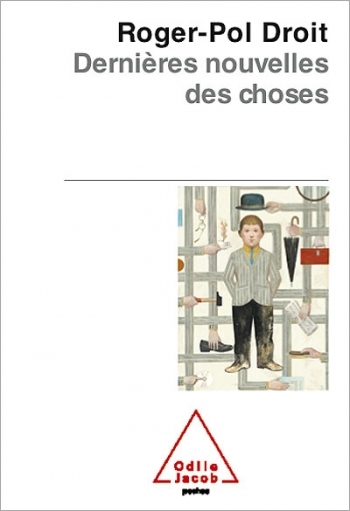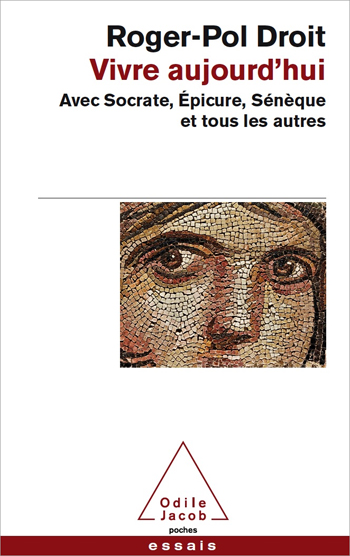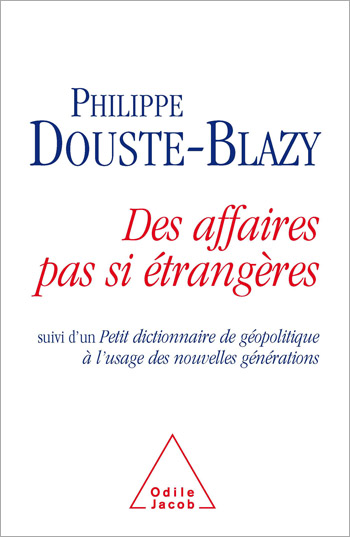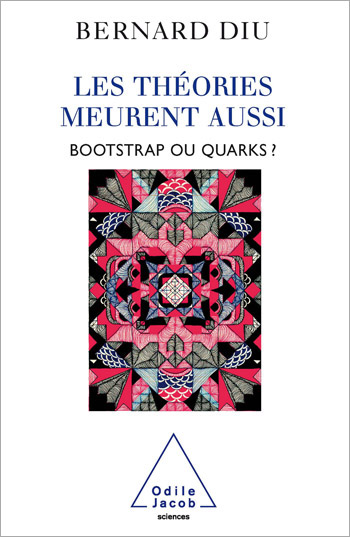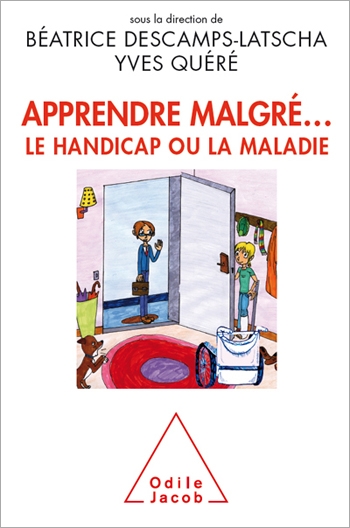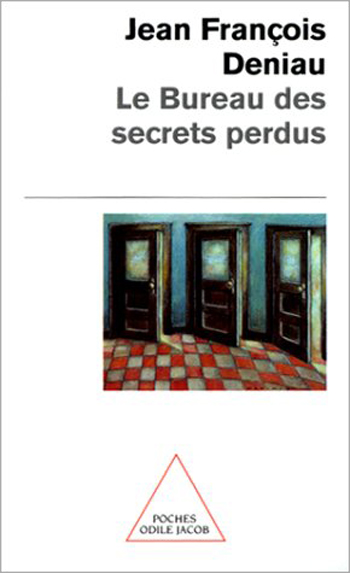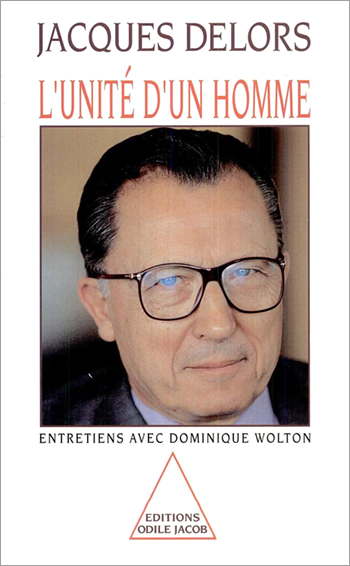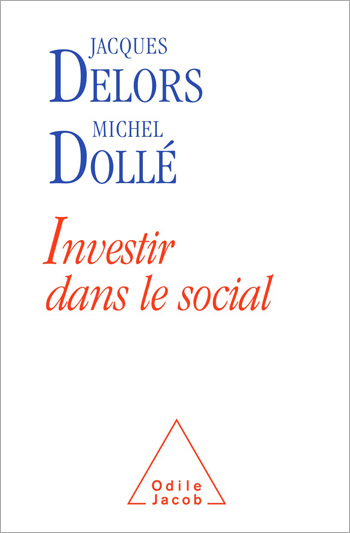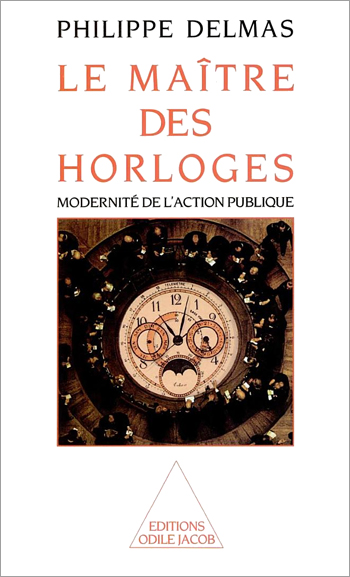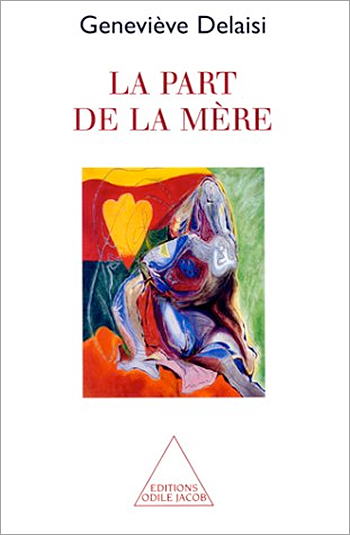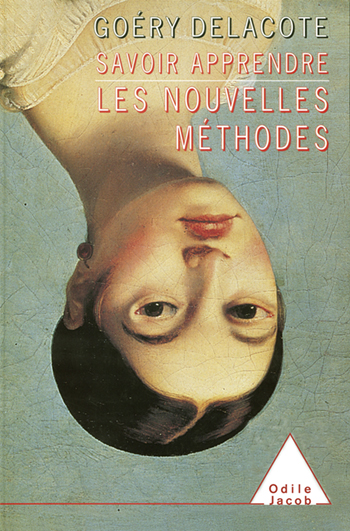Human Sciences All books
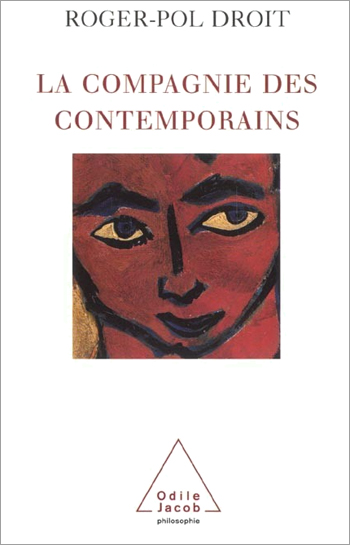
Roger-Pol Droit
The Company of Contemporaries
In this book, Droit reviews the works of some major contemporary thinkers: Bourdieu, Foucault, Girard, Habermas, Lévi-Strauss, Serres, and Vernant, among others. The interviews included here allow the reader to encounter biologists and sociologists, as well as anthropologists and psychoanalysts. Philosophers are well represented, but all the humanities have been included, and practically all major contemporary issues are considered, from bio-ethics to the end of history, from the construction of Europe to the rise of violence, from globalisation to the environment, from the development of science to political and religious extremism. Roger-Pol Droit is a philosopher and researcher at the Centre National de la Recherche Scientifique.
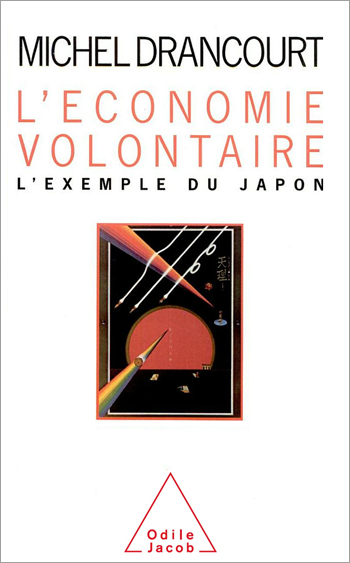
Michel Drancourt
The Voluntary Economy The Example of Japan
The Japanese economic success inspires both fascination and irritation abroad. It is high time for the Western world to put feelings aside and to learn from its Eastern partner. M. Drancourt, economist and head of the French Institut de l Entreprise, believes that Japanese success is due to one predominant social trait: willpower.
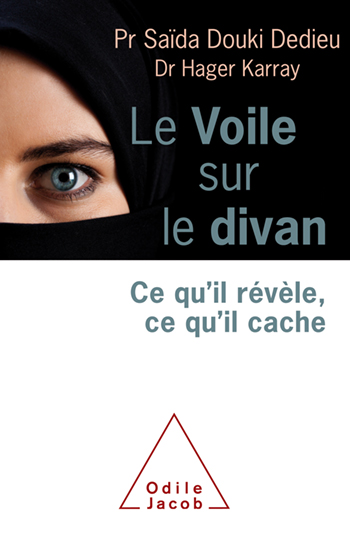
Saïda Douki Dedieu, Hager Karray
The Veil on the Couch Hidden ramifications unveiled
The visible or hidden ramifications of the headscarf explained from the point of view of two psychiatrists who aim to reveal its importance in the status and mental health of women, from its origins to the present.
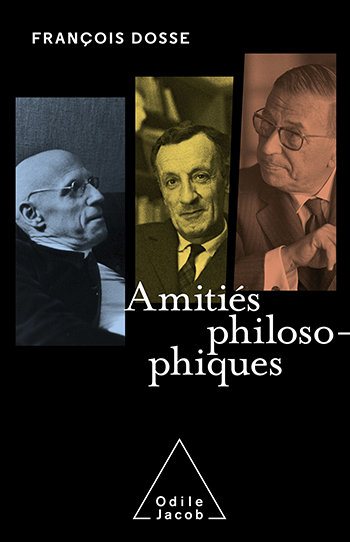
François Dosse
Philosophical Friendships
A sensitive light shed on the philosophical subjects that the reader thus (re)discovers, from existentialism to event philosophy...
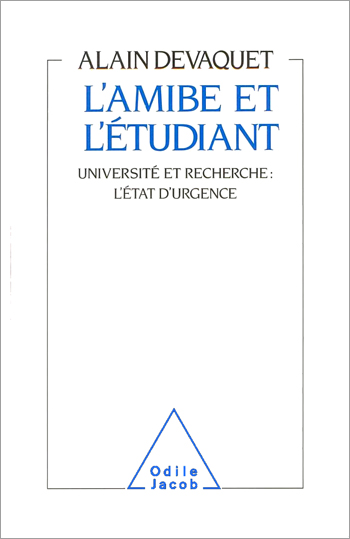
Alain Devaquet
The Amoeba and the Student University and Research: A State of Emergency
The student revolt of December 1986 translated the profound disarray of a university world faced with the mutations at work in modern-day France. In an analysis of the causes of the events that led to the repeal of his project of law on the universities. Alain Devaquet underlines the importance of the stakes represented by higher education and research on the future of a country and formulates an ensemble of propositions in light of their development. Alain Devaquet is a former minister of higher education and research, and a professor at the faculty of sciences of Paris.
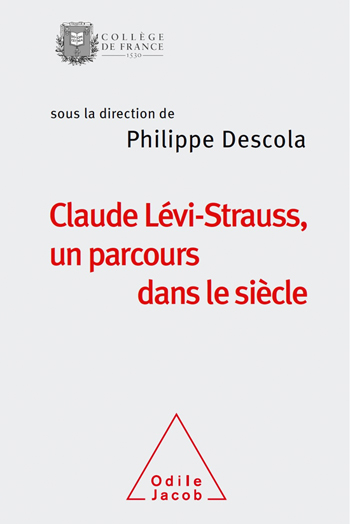
Philippe Descola
Claude Lévi-Strauss, A Journey Through the Century
Eminent specialists on Claude Lévi-Strauss, his disciples and intellectual heirs, from Brazil, Canada, France and the U.S., give us a wide-ranging view of every facet of the works and thought of the author...
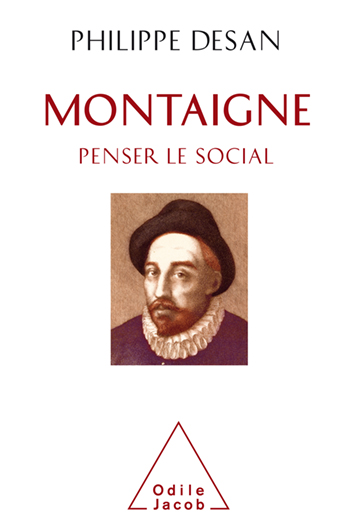
Philippe Desan
Montaigne Thinking about the Social
A study destined to become a work of reference, one that will be required for all courses on Montaigne.
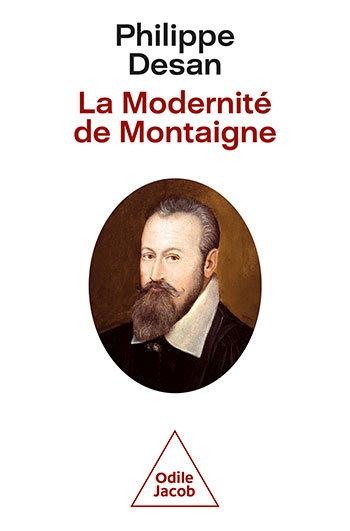
Philippe Desan
Montaigne The Self, the Other and Time
A reference book by one of the best Montaigne specialists in the world.
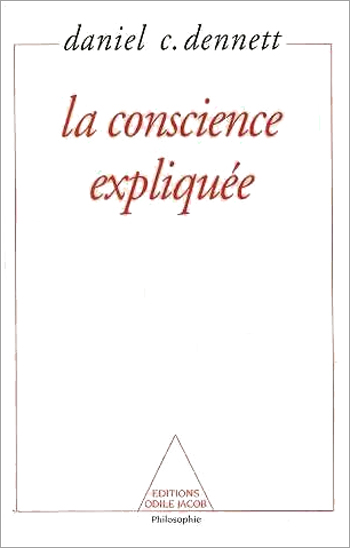
Daniel C. Dennett
Consciousness Explained
What is it that transforms a small piece of matter into an animated being? What is it that gives to certain physical structures the enigmatic privilege of feeling sensations and having experiences? Conscience. But what do we know about conscience? Daniel C. Dennet proposes a new explicative model founded on the modern revelations of psychology, neurology, and artificial intelligence. Daniel C. Dennett directs the Center for Cognitive Studies at Tufts University. He is one of the leaders in the philosophy of the spirit in the United States.
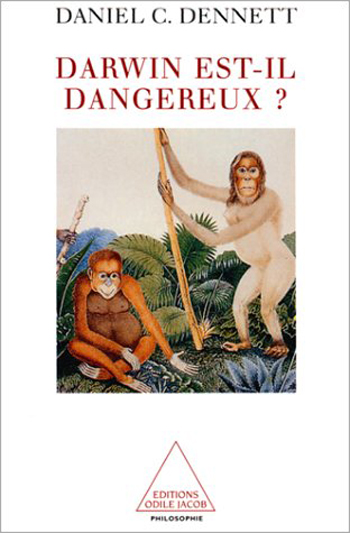
Daniel C. Dennett
Darwin's Dangerous Idea: Evolution and the Meanings of Life
In this book, he confronts this approach with the ideas of Charles Darwin and Darwinism, and addresses the question of evolution. What are the implications of the theory of evolution by natural selection? Why is evolution such a disturbing idea, not only for religious believers but also for philosophers and even for some biologists? How does it affect the concept of mind? In the midst of the current neo-Darwinian wave, this book offers a timely dialogue between the ideas of an important contemporary philosopher and those of the greatest nineteenth-century biologist. Daniel C. Dennett teaches cognitive sciences at Tufts University.
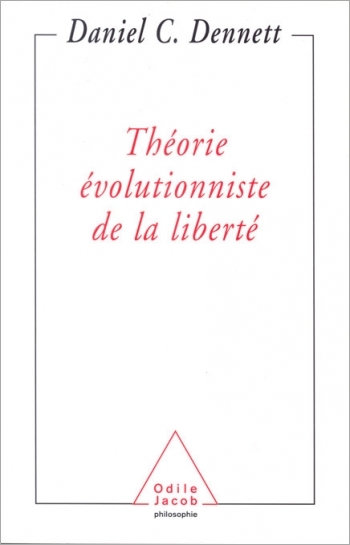
Daniel C. Dennett
Evolutionist theory of freedom
Billions of years ago, there was no freedom on earth, for the simple reason that there was no life. What forms of freedom have evolved since the first stirrings of life? Can freedom and free will exist in a deterministic universe? If we are free, are we responsible for our freedom, or is it governed by chance? Drawing on evolutionary biology and the cognitive sciences, Daniel Dennett provides a series of unorthodox replies to these traditional philosophical questions. It is generally held that what is determined is inevitable and that freedom can only exist in a non-deterministic universe. This is untrue, says Dennett. It is also held that in a pre-determined universe, we have no real choices: all we have is the illusion that we can choose. This too is false, argues Dennett. He then goes on to explain how, some day, we will be able to create robots endowed with free will. In this groundbreaking book, written in a striking, lively style, Dennett interweaves philosophical creativity with the latest scientific developments, and challenges a series of philosophical orthodoxies. Daniel C. Dennett is University Professor and Director of the Center for Cognitive Studies at Tufts University, Mass., U.S.A. He is the author of Consciousness Explained and Darwin's Dangerous Idea.

Jean-François Deniau
The Office of Lost Secrets
La Rochefoucauld once wrote that "neither the sun nor death can be stared at. " The French moralist could have added that truth also can be blinding. Deniau examines several particularly spectacular cases throughout history and under a variety of political regimes, where leaders in the upper echelons of civil and military power have refused to face the truth. He studies major cases in the fields of espionage and international relations, proposing new interpretations of some of these cases, including of the Dreyfus affair. Jean-François Deniau is the author of numerous best-sellers, and a member of the Académie Française.
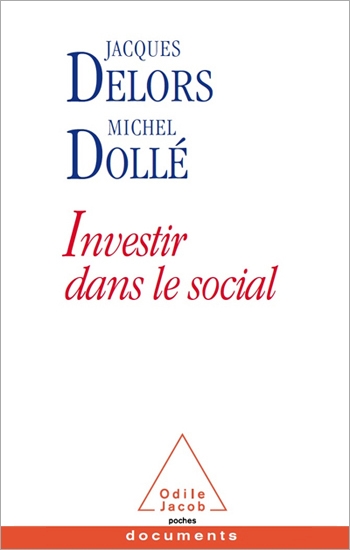
Jacques Delors, Michel Dollé
Investing in Social Issues
Jacques Delors offers a new vision of the welfare state, adapted to the challenges and difficulties of the present...
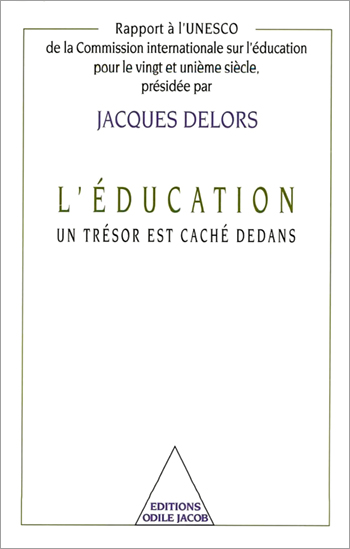
Jacques Delors
Education The Hidden Value Within
In this book, Delors specifies the educational objectives we should strive for: competence is vital, but it is equally necessary to prepare people to master knowledge, to teach themselves, to live together and, most simply, to be. We must invent and instill an approach to education that truly prepares men and women to take their own futures in hand, and such a feat implies not only economic efficiency, but also an adequate preparation for everyday life. Shouldn't the mastery of education be the next challenge taken up by the global community?

Jacques Delors
France and Germany - the Leap Forward
"During the past fifty years, the Franco-German ship has been shaken by numerous storms--although they never seriously halted her forward movement. In our opinion, strengthening the friendship between our two countries and working towards European political union will not lead to the loss of our French and German identities, nor will it dampen their vitality, for there can be no great design unless our national communities are fully alive and strengthened by a sense of social and citizens' cohesion." Jacques Delors
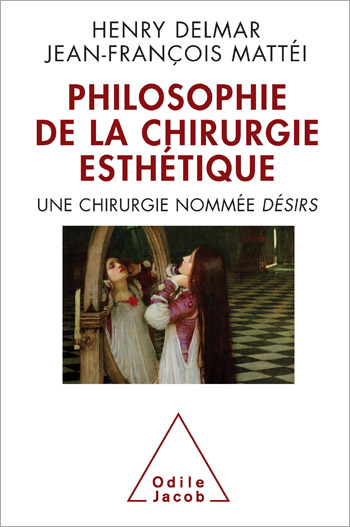
Henry Delmar, Jean-François Mattéi
Philosophy of Aesthetic Surgery Surgery as Desire
What are the visible and hidden forces that drive personal transformation?
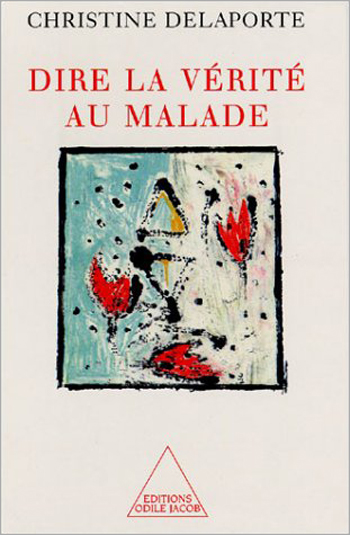
Christine Delaporte
Telling Sick People the Truth
The issue of medical truth is perceived differently by doctors and patients. From the doctors point of view: Should a given patient be told the truth? Should terminally ill patients be told how much longer they may expect to live? From the patients point of view: How can I hear the truth and learn to live with the disease? This book should help health professionals deal with emotionally difficult moments of truth. It should also help patients and their loved ones to feel less alone, once they have heard the truth, and to gradually learn to live with their disease. Christine Delaporte is a head of research at the Centre National de la Recherche Scientifique.
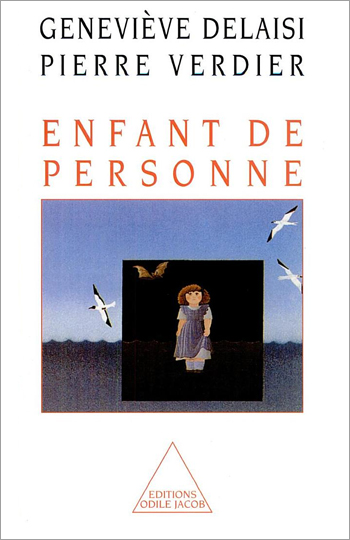
Geneviève Delaisi de Parseval, Pierre Verdier
Nobody's Child
Adoption and medically assisted procreations reflect the same suffering and ask the same questions. In both cases, the institution, in the name of a mistaken conception of filiation, weighs upon the children's head with an absolute secrecy as to its biological origins. The authors show in this book the consequences this secrecy has upon the psychology of children and parents.
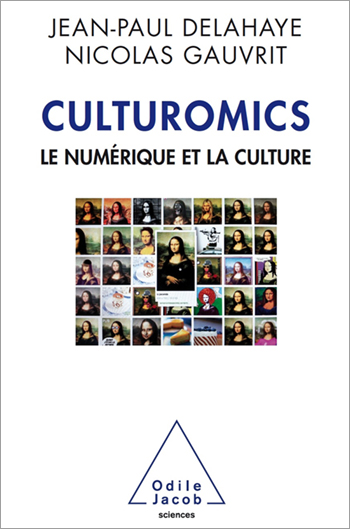
Jean-Paul Delahaye, Nicolas Gauvrit
Culturetech: Digital Culture
The development of electronic databases (and of Internet search engines to explore them) has given rise to such new behaviours as egosurfing...
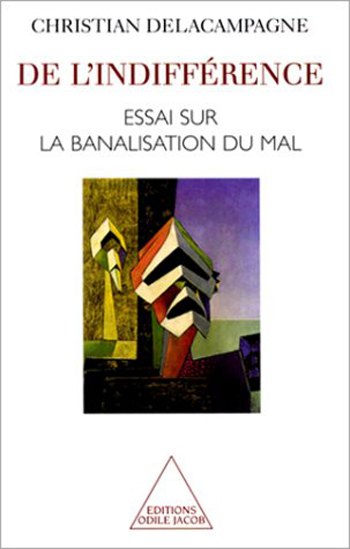
Christian Delacampagne
Of Indifference An Essay on the Banalization of Good and Evil
What can we forget, and what had we best remember? What is "good" and what is "bad" indifference? Christian Delacampagne proposes a re-evaluation of genocide and of crimes against humanity in the face of an intellectual confusion that leads, according to Hannah Arendt, to a real "banalization of evil." Christian Delacampagne is a philosopher and a journalist at Le Monde.

